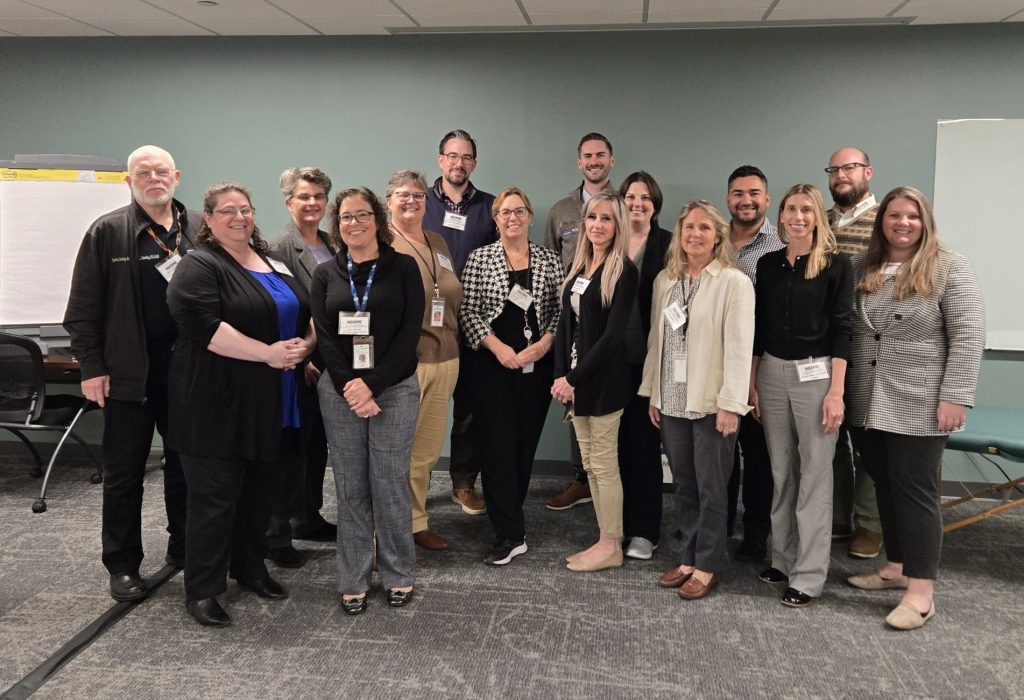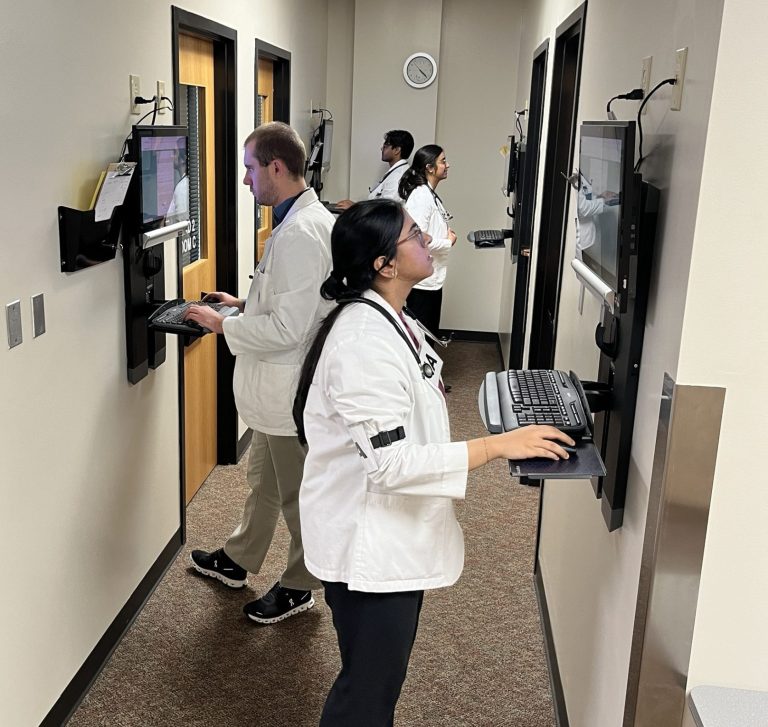Core Competency Capstone for DOs
About C3DO
The Core Competency Capstone for DOs (C3DO) will be available as a licensure credential beginning with the Class of 2029 for assessment and verification of osteopathic clinical skills competencies as part of the eligibility requirements for COMLEX-USA Level 3.

Test Specifications
The cases presented within C3DO are common for DOs in the outpatient clinical setting and align with Dimension 2 of the COMLEX-USA Blueprint: Clinical Presentations, shown below.
| Content Across the Examination Series | Minimum |
|---|---|
| 1. Community Health and Patient Presentations Related to Wellness | 12% |
| 2. Human Development, Reproduction, and Sexuality | 5% |
| 3. Endocrine System and Metabolism | 5% |
| 4. Nervous System and Mental Health | 10% |
| 5. Musculoskeletal System | 13% |
| 6. Genitourinary/Renal System and Breasts | 5% |
| 7. Gastrointestinal System and Nutritional Health | 10% |
| 8. Circulatory and Hematologic Systems | 10% |
| 9. Respiratory System | 10% |
| 10. Integumentary System | 5% |
Since there are 10 clinical presentation categories in the blueprint and only six stations in the assessment, not all categories will be represented on each examination. Every candidate should see at least one case which is Community Health and Patient Presentations Related to Wellness, and two cases that are clinical presentations related to the Musculoskeletal System.


Examination Format
- Six standardized patient (SP) encounters where candidates have 14 minutes to evaluate and treat the patient as they see fit, taken on one day (3-4 hours’ exam time).
- For each exam room, a doorway information sheet will be contained inside the patient chart.
- Following each encounter, candidates will have an additional 6 minutes to complete a set of post-encounter questions.
- At the end of the exam, candidates will be asked to complete a post-exam survey on their experience.
Skills Assessed in C3DO
Data Gathering
Each case includes a checklist that is completed by the standardized patient who will evaluate students post-encounter on areas including building a history and physical examination.
Performance of OMT
Proficiency in osteopathic manipulative techniques is evaluated by certified osteopathic physician examiners in three (3) rooms in the assessment. “Patient is requesting OMT” is indicated on the chart where OMT will be evaluated.
Interpersonal and Communication Skills
Standardized patients complete a rubric that ties observable behaviors to the following dimensions: Eliciting Information, listening skills, giving information, empathic approach, and professional approach.
Clinical Reasoning
There is no patient note (SOAP note) in this examination. Following each 14-minute standardized patient encounter, there will be a six-minute period in which candidates will complete post-encounter questions prior to moving to the next encounter. Questions include short answer (SA) format, traditional multiple-choice question (MCQ) format, and Extended multiple-choice question (EMC) format. More detailed information is available in the student orientation guide and the on-site orientation. Sample questions are also provided with a sample video encounter for candidates participating in C3DO.
Schedule
C3DO sessions are 3-4 hours in length. Each encounter time with the patient is 14 minutes, and there is an additional 6 minutes to complete the post-encounter questions. Students may begin the questions upon completion of the encounter.
Encounter timing is universal across administrations, but other components, such as onsite registration, orientation, transition between encounters, breaks, and refreshments (if any), are determined by each COM independently. Candidates should check with their COM for more information about the local schedule.


Frequently Asked Questions
We’ve compiled answers to some of the most commonly asked questions about the NBOME, our products, and services. If you can’t find the information you’re looking for, please feel free to reach out to us.
